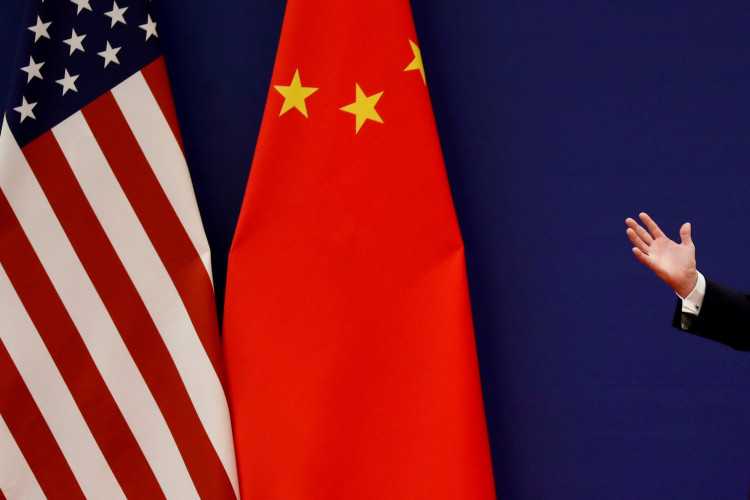There's a lot of attention being given at the upcoming G20 summit in Argentina, which is slated to take place by the end of this month in the nation's capital, Buenos Aires, and the focus is not on the forum itself but to what is expected to happen on the sidelines of the main event.
As reported earlier here in Business Times, Chinese President Xi Jinping will be meeting with his counterpart, the US President Donald Trump at the sidelines of the G20 event.
This face to face meet-up is seen as a make or break moment to negotiate a ceasefire in the escalating tit-for-tat tariff war waged between the Chinese and American government which has been creating disturbing ripples not only in the economies of the respective countries but to the global economic scene as well.
According to Reuters, this sideline meeting could be the last chance for either of the two camps to broker more constructive solutions to the problem.
If all else fails during the G20 side event, Washington might push through with its already announced plan to raise the tariffs on the $200 billion worth of Chinese imports from 10 percent to 25 percent come January of next year.
Economic experts and economists alike are casting their optimism on the result of the summit, particularly in the Xi-Trump meet. As said, this would be an opportunity for the leaders of two of the major world economies to propose measures that could prevent further escalation of the trade war. However, they are quite positive on the notion that the two camps won't likely to pull back on the already imposed tariffs.
Moreover, market analysts have been wary on the possibility that if no deal is reached, investors would then expect more tariffs to come in the next few years, that is until one nation will finally wave the white flag.
Beijing has already made it clear in one of its strongest responses to the issue, that the Chinese people will remain steadfast on its ground and would deny the West of its demands if they are not equally favorable to China. The government will not yield to the pressure set by Washington even if it means facing further tariffs along the way.
China and US are embroiled in a trade war believed to be instigated by the Trump administration which accuses Beijing of stealing its intellectual properties and unfairly subsidizing state-owned companies.





